Africa stands at a critical crossroads in addressing one of its most pressing humanitarian challenges: the refugee crisis. With over 30 million forcibly displaced people on the continent, the situation underscores an urgent need for bold, innovative, and inclusive approaches. While global narratives often focus on wars, natural disasters, and poverty, the core issue lies in outdated refugee policies and insufficient inclusivity in governance.
The prevailing perception of refugees as passive recipients of aid must evolve. Refugees bring valuable skills, knowledge, and resilience, which, if harnessed effectively, can stimulate economic growth and strengthen social cohesion.
Uganda provides a compelling example. The country’s progressive refugee policies, which allow refugees the right to work, access public services, and integrate with host communities, have been lauded internationally. This model not only empowers refugees but also benefits local economies. However, the success of such policies remains contingent on overcoming significant challenges, including implementation gaps, limited political will, and insufficient funding.
A crucial yet often overlooked element is the involvement of refugees in policy development. Sustainable and effective solutions can only be achieved when those most affected have a seat at the decision-making table. Platforms that facilitate refugee participation in local governance are not merely ethical; they are practical. Policies co-created with refugees address their real needs, promote dignity, and reduce long-term dependency.
The inclusion of refugees in governance structures also fosters mutual understanding and integration. Refugees, as active stakeholders, can contribute innovative ideas and solutions, driving sustainable outcomes that bridge gaps between communities.
While international donors and governments play an essential role, the overreliance on short-term humanitarian aid has proven unsustainable. The future of refugee policies requires a shift towards long-term investments in education, healthcare, and economic opportunities. These investments not only benefit refugees but also strengthen the infrastructure and resilience of host communities.
For instance, initiatives focusing on vocational training, entrepreneurship programs, and inclusive education systems can equip refugees with tools to rebuild their lives while simultaneously boosting the host country’s workforce and economy. Investment in healthcare ensures that both displaced populations and local residents receive adequate services, reducing strain on national systems.
Africa already possesses regional frameworks designed to address displacement, such as the **African Union’s Kampala Convention. However, the gap between commitments and actionable outcomes remains a challenge. It is essential to strengthen implementation mechanisms and encourage greater collaboration between governments, civil society organizations, and international partners.
The African Union, alongside national governments, must prioritize enforcement of refugee protection protocols and establish accountability frameworks. Moreover, strengthening partnerships with international organizations like the United Nations High Commissioner for Refugees (UNHCR) can bridge resource gaps and support long-term strategies.
Africa’s refugee crisis is not merely a humanitarian challenge; it presents a profound opportunity for resilience and innovation. By reimagining refugee policies, African nations have the chance to lead the world in transforming displacement into a catalyst for growth, unity, and hope.
To achieve this, inclusivity must be at the core of governance. It will require the collective effort of governments, civil society, international agencies, and refugees themselves. By embracing such collaboration, Africa can create sustainable solutions that not only address the refugee crisis but also enhance the continent’s social and economic development.
The future of Africa’s refugee policies hinges on a vision that prioritizes inclusion, long-term investment, and regional cooperation. Refugees must be recognized not as burdens but as partners in progress. As Africa rises to meet this challenge, it has an opportunity to showcase its humanity, leadership, and innovative spirit on the global stage. By transforming displacement into opportunity, Africa can offer a blueprint for inclusive governance, fostering a better future for refugees and the continent alike.
Reported:
Abaho Gift Conrad
SMM IHRC Volunteer Uganda
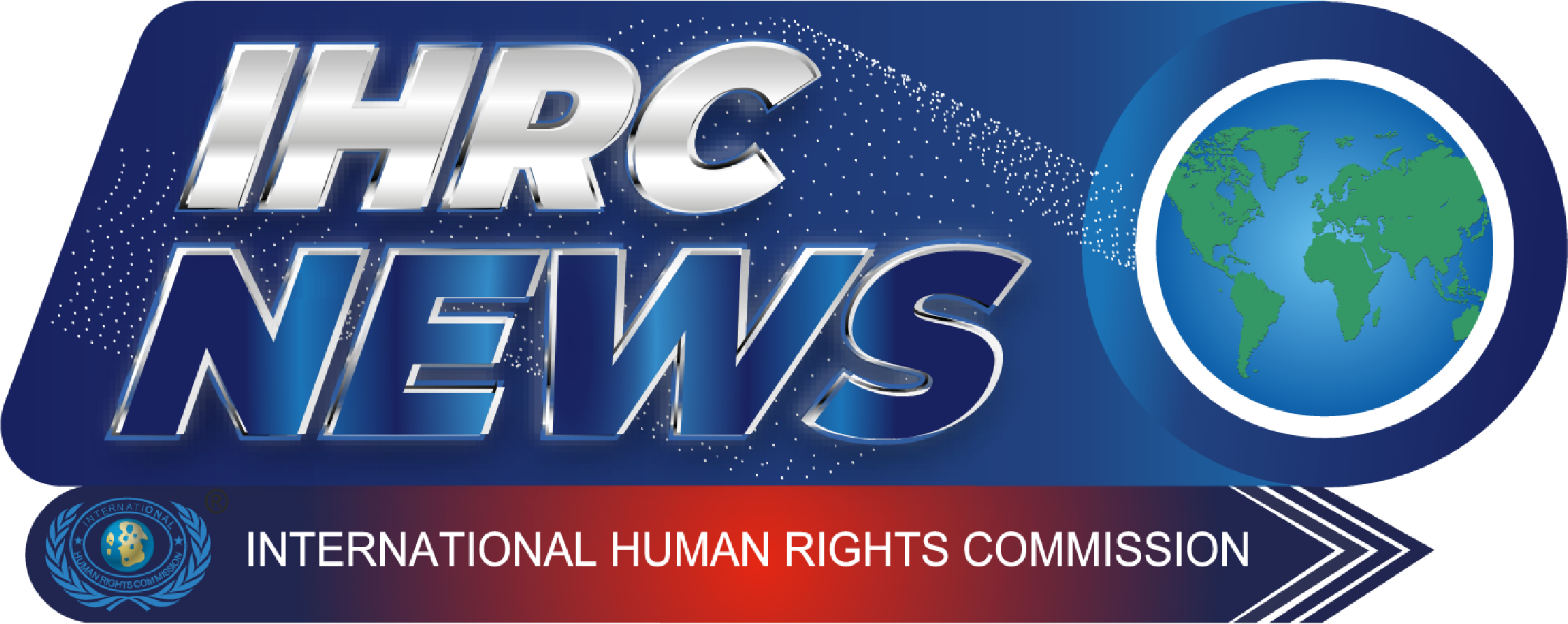
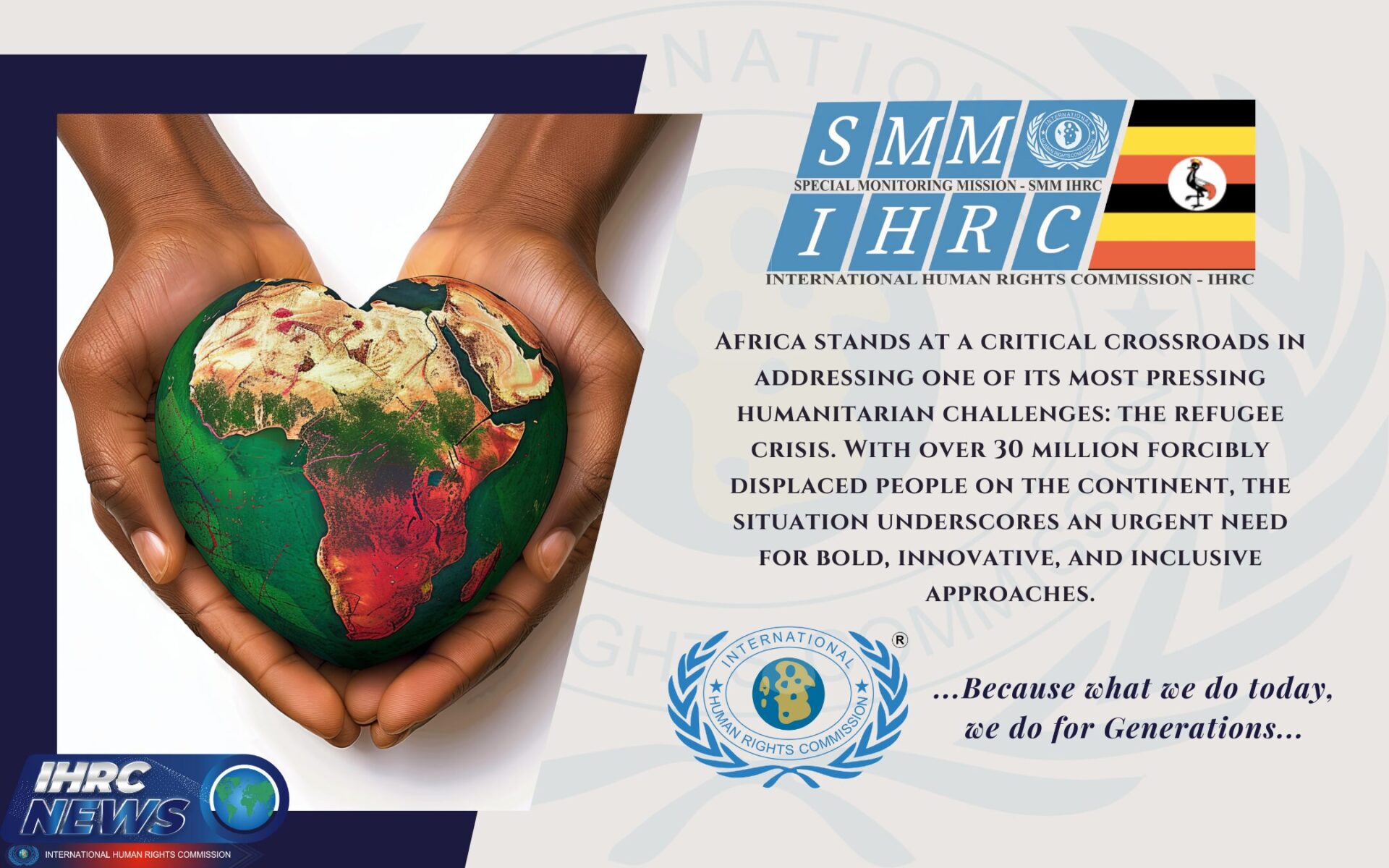

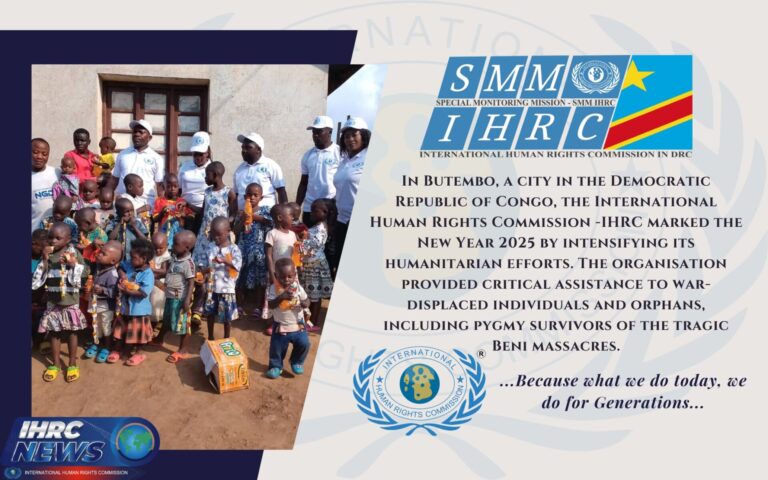
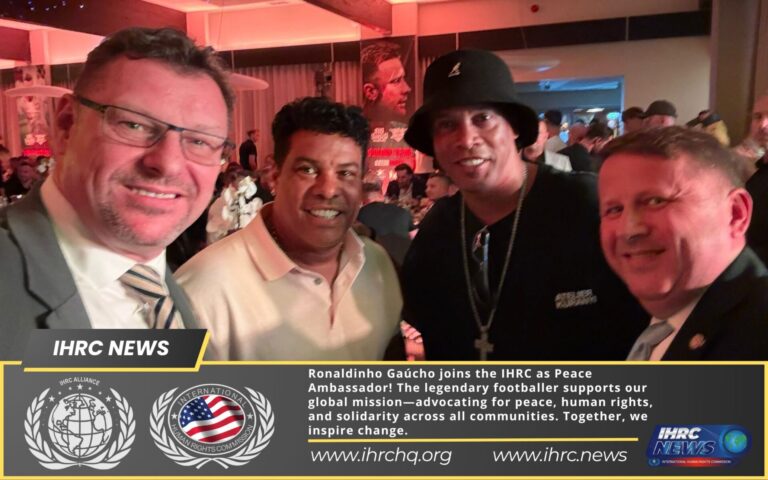
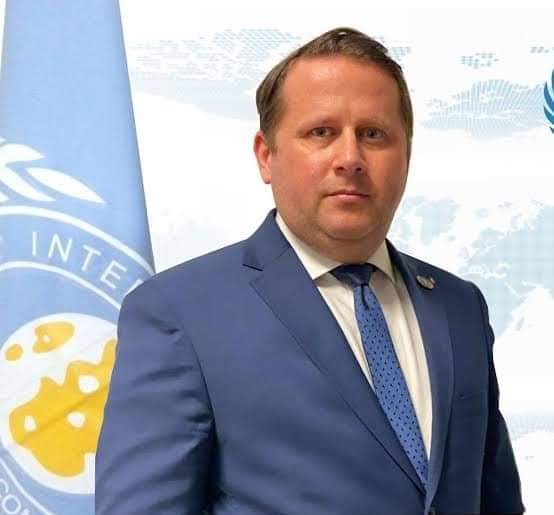
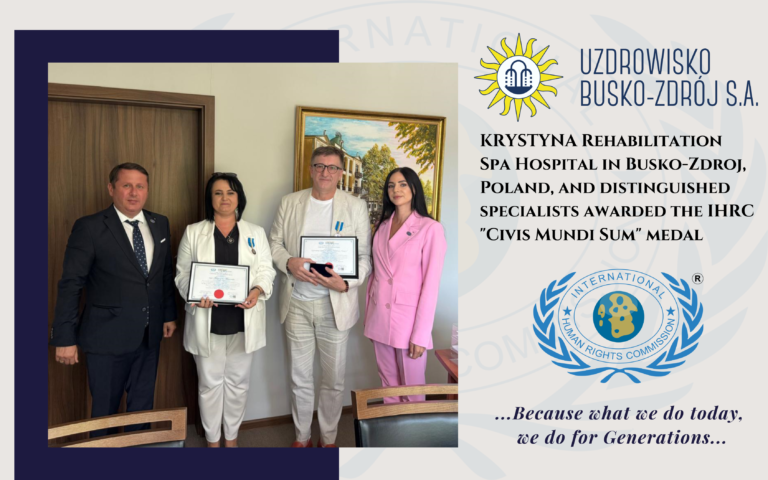

togather we are going to eradicate violant as this body make it priority to protect The right of human all over the world.
The future of refugee policies in Africa is at a critical juncture, with significant challenges and opportunities ahead. Here are some key points to consider:
Shift in Asylum Policies: Historically, African countries adopted an “open door” policy towards refugees, providing asylum and support. However, in recent decades, there has been a shift towards more restrictive policies, with many countries preferring to establish “safe zones” within the refugees’ countries of origin.
Global Refugee Forum (GRF) Initiatives: The recent Global Refugee Forum highlighted the need for inclusive and innovative approaches to refugee policies. The forum emphasized the importance of refugee inclusion in decision-making processes and the need for systemic changes to how refugee-hosting responsibilities are shared globally.
Inclusive Governance: There is a growing call for inclusive governance in addressing the refugee crisis in Africa. This involves not only providing immediate humanitarian aid but also integrating refugees into local communities and economies, ensuring their rights and dignity are upheld.
Climate Change Impact: Climate change is increasingly becoming a significant factor in displacement. Future policies will need to address the intersection of climate change and forced migration, ensuring that those displaced by environmental factors receive adequate protection and support.
The policy made for African refugees was interesting because I learned new techniques from there that they used in African refugees policies and I’m interested to aware people about that policy.
The Future of Refugee Policies in Africa: A Call for Inclusive Governance : is well articulate article.
It’s so much important that Vocational training, entrepreneurship programs, and inclusive education systems can equip refugees with tools to rebuild their lives while simultaneously boosting the host country’s workforce and economy.
I love ihrc
تعتبر حقوق الإنسان أداة لحماية الناس من العنف وإساءة المعاملة. وحقوق الإنسان تُنمِّي الاحترام المتبادل بين الناس. وهي تحث على العمل الواعي والمسؤول لضمان عدم انتهاك حقوق الآخرين. فعلى سبيل المثال، من حقنا أن نعيش من دون التعرض لأي شكل من أشكال التمييز، ولكن من واجبنا، في الوقت نفسه، ألا نمارس التمييز ضد الآخرين
Human rights are a tool to protect people from violence and abuse. Human rights foster mutual respect among people. They encourage conscious and responsible action to ensure that the rights of others are not violated. For example, we have the right to live free from any form of discrimination, but at the same time we have a duty not to discriminate against others.
Los derechos humanos son una herramienta para proteger a las personas de la violencia y el abuso. Los derechos humanos desarrollan el respeto mutuo entre las personas. Insta a tomar medidas conscientes y responsables para garantizar que no se violen los derechos de los demás. Por ejemplo, tenemos derecho a vivir sin estar expuestos a ningún tipo de discriminación, pero al mismo tiempo es nuestro deber no discriminar a los demás.
Mohamed rageb Mohamed ghanem
UNV 6678787
👏👏